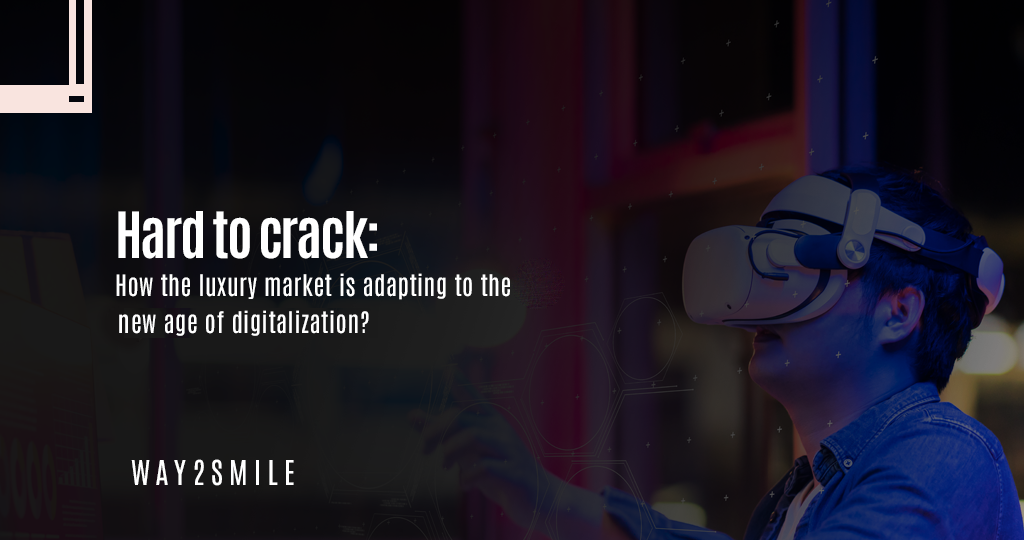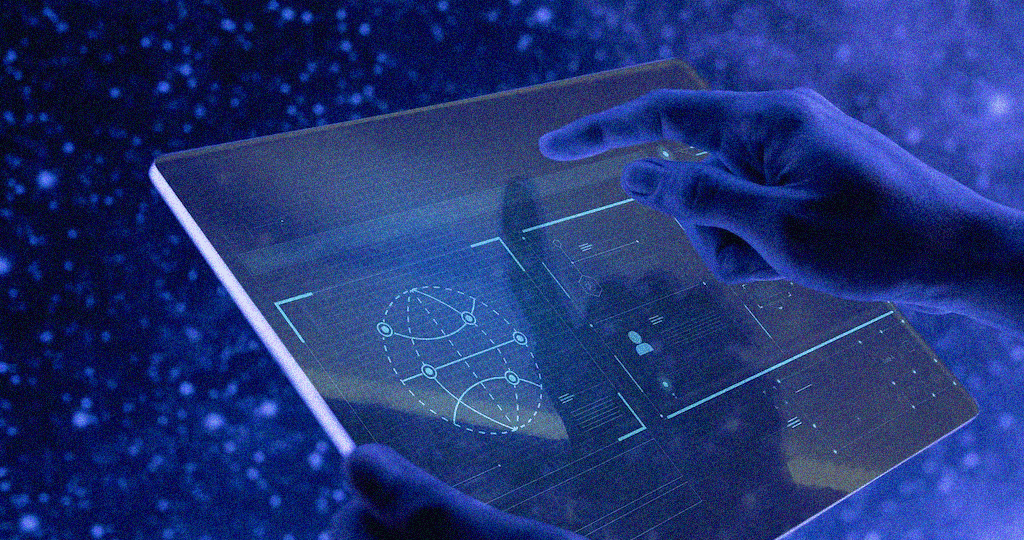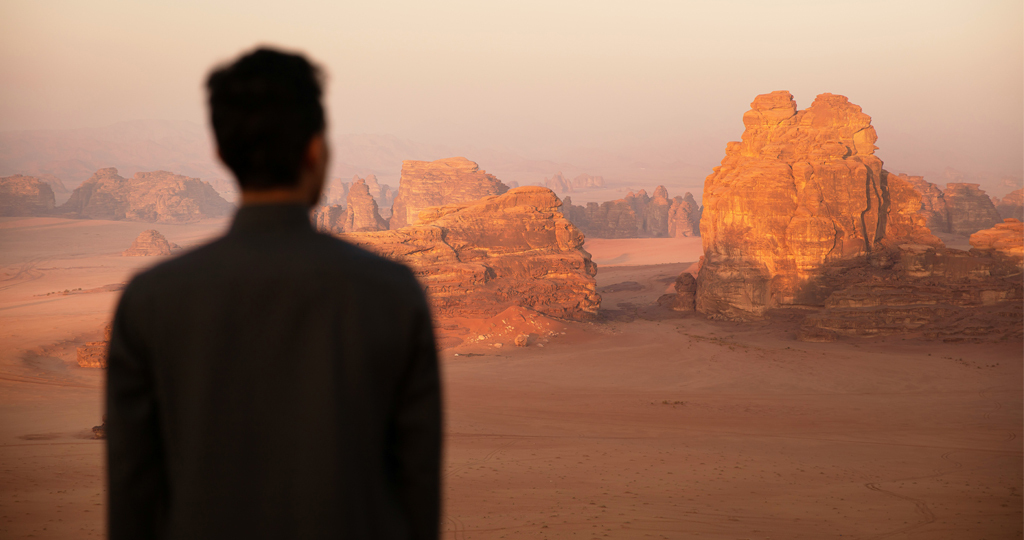There are good products and bad products, but there are some products that make you feel like you are wearing a crown on your head, something that conveys a sense of status almost instantly. When it comes to these kinds of products, the general definitions of what a good or bad product is don't apply, as they are less about functionality and more about lifestyle. Understanding the luxury market is a little tricky, not because it's still a massive market with a narrow(er) audience segment, but it's tricky because there is no proper definition of what a luxury product or brand is. There is no playbook that a non-luxury brand can follow to transform into a luxury brand, and it has more to do with how consumers relate and react to your brand as a whole than any particular product of yours. And strangely enough, a majority of the economic activity in the luxury market comes from first-time buyers! Adding to the complexity, a majority of these first-time buyers of luxury goods or services belong to the younger generation.
While a younger audience base can be a huge advantage for a brand, many brands find catering to Gen-Z more difficult than the rest of the audience base. They are the most informed consumers yet, and for them, brands are an extension of who they are. They want brands to be socially involved and self-driven while delivering what they intended to deliver to their audience. This puts brands in a difficult position, as they have to unlearn and relearn everything they knew about their audience and themselves! Most importantly, the current younger generation who makes up the majority of luxury goods buyers, are digital beings.
The core of this generation is digital, and no other consumer segment is more in sync with it than Gen-Z. They grew along with the expansion of Silicon Valley and internet native trends like memes, video games, avatars, and whatnot! So, how can luxury brands stay relevant in the age of digital? How lifestyle brands will evolve to be a part of the digital ecosystem of their consumers?
The age of metaverse: Why luxury brands should make this shift?
A global report states that by 2026, nearly 25% of people will be spending at least an hour per day on this platform, i.e, metaverse. Many reputed consumer brands have already entered into this powerful platform. But if you look at metaverse as "metaverse", then you may think of this as an oversell. But instead, brands should start looking at the metaverse as an interconnected network of virtual platforms that further blends the physical and digital realities of both the consumers and brands. Even though access to highly-crafted and capable hardware is available to consumers, luxury digital space/experience, is still a highly probable reality. Some of the factors that luxury brands must look into that may help them understand the significance of this highly experimental space:
- AR and VR are no longer fiction. Consumers, in every segment, have some sort of access to AR and VR gadgets. It has become increasingly affordable in the last few years, and this is a huge hint to miss of the oncoming metaverse wave.
- If you look at the top 10 brands globally, they are in the process of building digital ecosystems rather than trying to peak at specific products or services.
- Social media has become more and more integrated with our lives, further blending in the digital and physical space.
- There have been excellent development in the areas of security, decentralization, and control of data. This further makes platforms like meta more possible.
- Leading players have already entered this space. Like any other innovation domain, there will be a huge advantage for brands that arrives at this platform faster than their counterparts.
Know why the metaverse is the future of the marketplace?
Cracking the surface: Artistic value in the age of consumerism
"It's art, and sometimes you don't get it!"- is something that loyal advocates of luxury brands say to justify why a product/service costs 100 times more than the average price of the product. Though consumers are now more aware of the value they get for a price range, craftsmanship is something that they think that's worth spending for. Aesthetics, art, and experience- all abstract and subjective, lay the foundation for the luxury goods market. We've made tremendous progress with digital when it comes to delivering such abstract concepts to consumers. Design thinking has revolutionized the way we approach a problem.
With technologies like Artificial Intelligence and Machine Learning, we are closing the gap between "purely aesthetic" and "functionality". Robotics is another area that has helped luxury brands to hone their craft. And digital helps luxury brands to scale their operations while keeping their value intact. Though luxury brands are known for the in-store experience, factors like the COVID and increased online adoption are forcing them to enter into the e-commerce space. Consumers used to relate limited accessibility to the exclusiveness of the brand, but in the age of digital, limiting accessibility is perceived as being inadequate.
The dawn of digital
The good news is that luxury brands can now provide a uniquely tailored brand experience online. In the last few years, Web Development Company Dubai has come a long way. For instance, we worked with a global entertainment brand to build an interactive e-commerce platform using Bigcommerce. To track their global sales and user behavior data, we built a state-of-the-art yet minimalistic analytics dashboard that helped our client realign their brand strategy in certain geographies. Luxury brands need to go the extra mile to dominate the digital economy.







